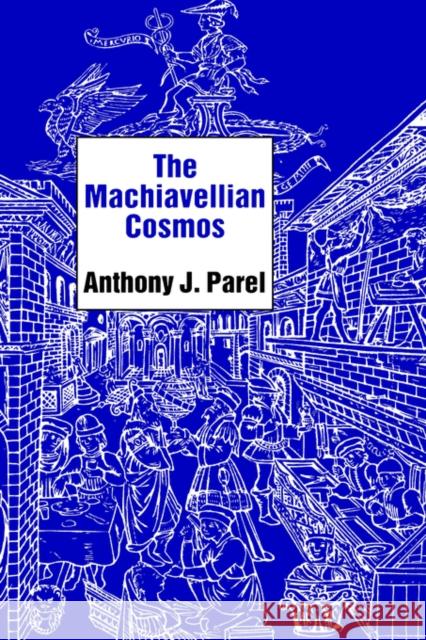The Machiavellian Cosmos » książka
The Machiavellian Cosmos
ISBN-13: 9780300051698 / Angielski / Twarda / 1992 / 216 str.
In this highly original interpretation of Machiavelli's thought, Anthony J. Parel identifies a theme generally neglected in the scholarship of this sixteenth-century political thinker: Machiavelli's belief in the occult forces of heaven and humors. Challenging the current tendency to view Machiavelli as a pioneer of modern political science, Parel argues instead that a premodern cosmology and anthropology underlie Machiavelli's political works. Parel shows that Machiavelli's world picture owes more to the astrological cosmology prevalent in the Renaissance than to the Aristotelian or Platonic or Christian world picture. This astrological determination significantly affects Machiavelli's conceptions of history, politics, and religion and shapes his notions of virtu and fortuna. It also has considerable impact on his ethical ideas: the Machiavellian cosmos has no room for a Ruling Mind or for the Sovereignty of the Good, and humans are left to pursue their appetites for riches and glory as best they can. In a similar fashion, says Parel Machiavelli's political anthropology is influenced by the ancient idea that body humors determine a person's temperament and behavior, for he believes that humors compromise human autonomy and rationality. According to Parel, the theory of humors also affects Machiavelli's view of the body politic and his characterization of republics, princedoms, and licenzia, and Parel explicates this in new readings of The Prince, the Discourses, and the Florentine Histories.











